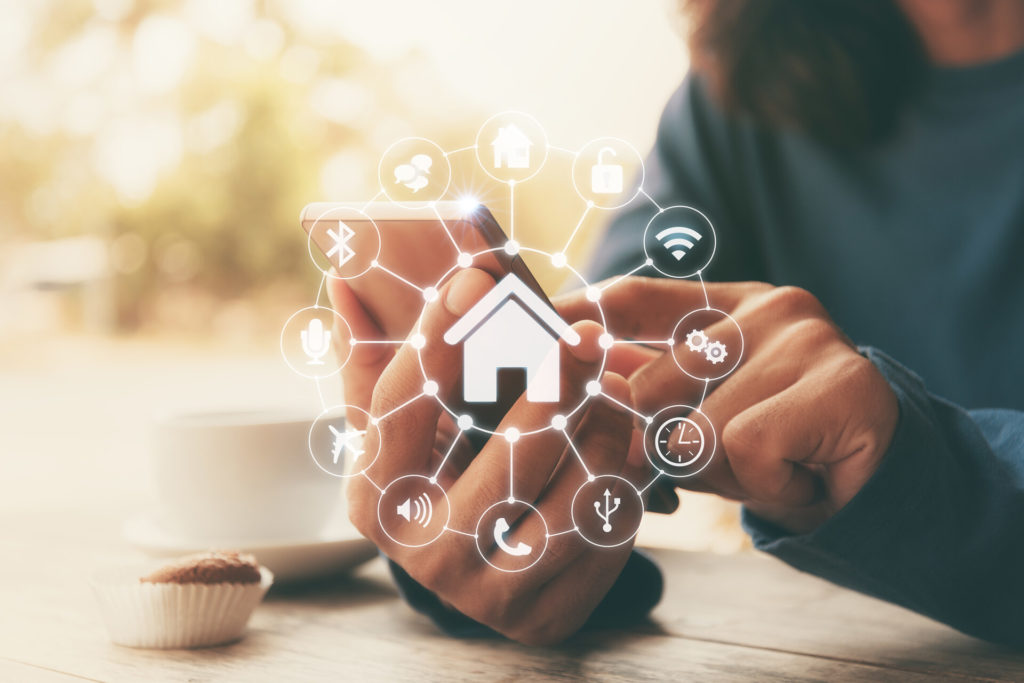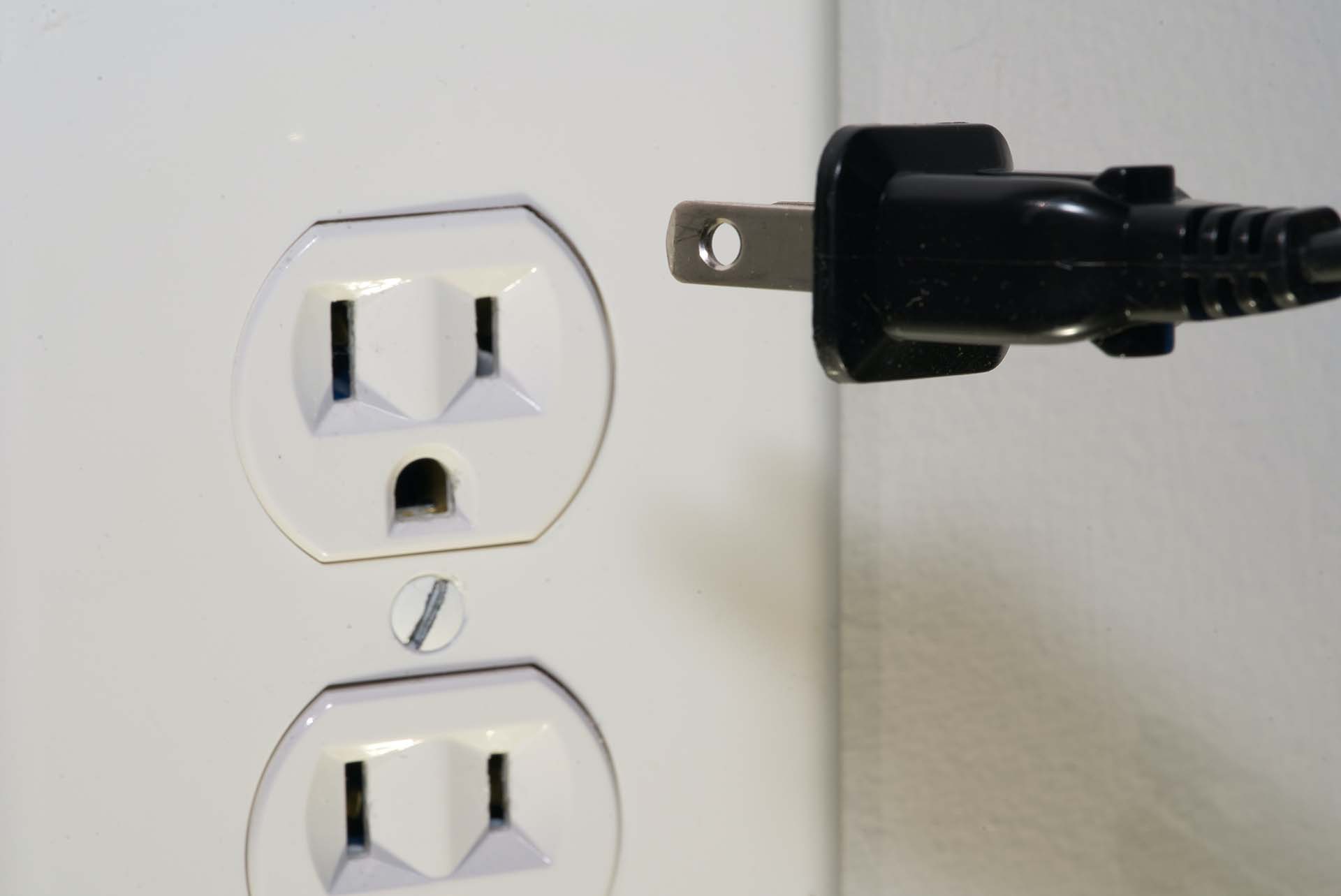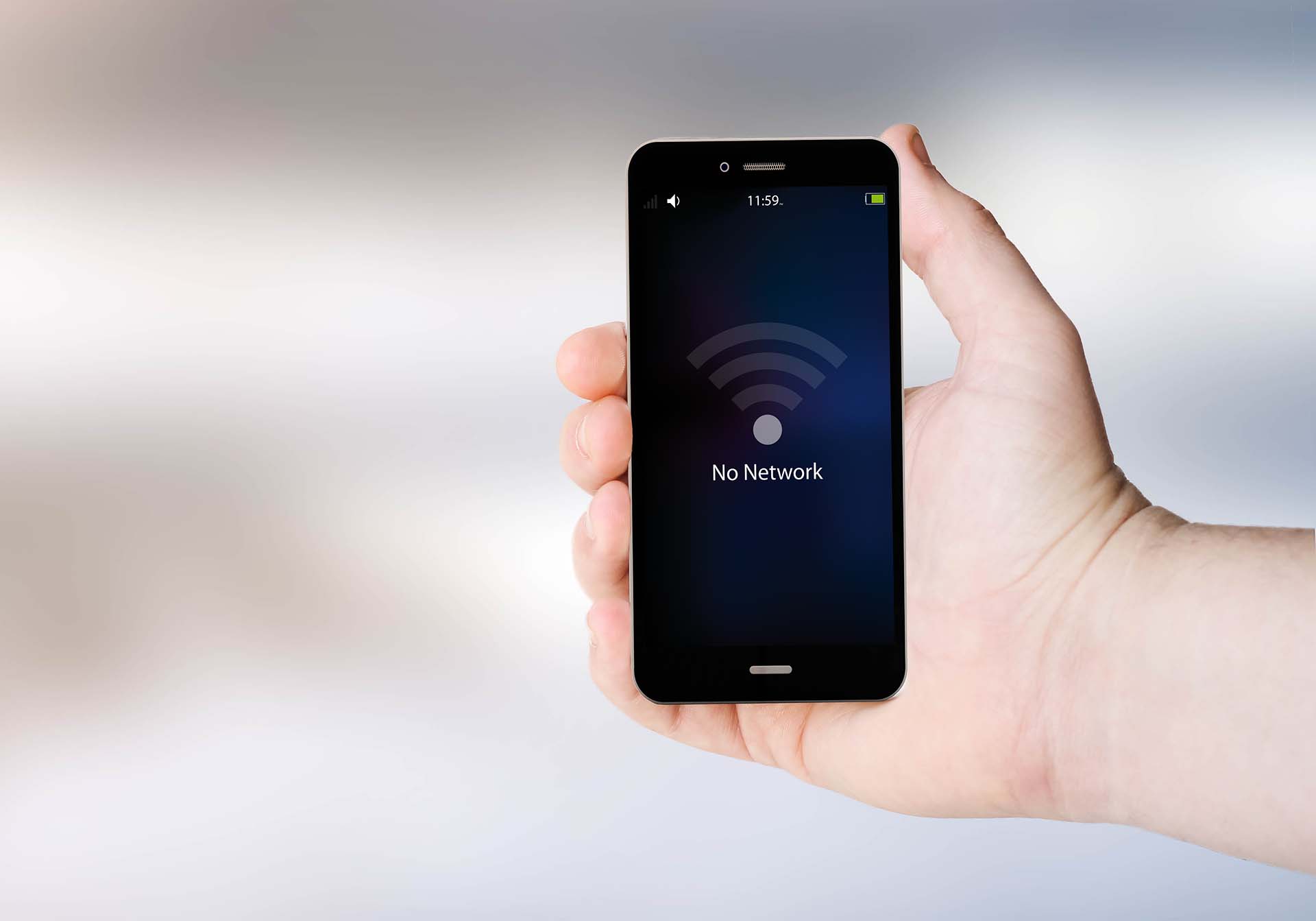Technology is evolving so fast that something you thought was impossible just a few years ago is now a part of our everyday routines. A fully functional home automation system is one of those innovations, but are our smart house expectations too high compared to reality? Let’s take a look at this topic to help you understand what you can actually get from an automation system compared to what was advertised.
Smart House Expectations – Trends and Marketing vs. Actual Redefining of the Way We Live
Smart home automation system development has been in the tech game for quite some time now, and it seems like customers are slowly warming up to the idea of IoT (Internet of things) devices controlling their household appliances. Whether you want to extend an existing smart house or plan on improving your residence with the latest tech and want to find out if the cost of installing a smart house is worth it, you will have to get into details to understand this topic. It’s a complex and quickly developing area, so let’s start with the basics – what exactly is a smart home system?
What Is This Technology Exactly?
What makes a smart house a smart house? The concept says that if you install an automated home system, it means you will be able to control all your appliances remotely by an app on your phone or tablet. Of course, with this definition, the question “What is the goal of a smart home?” becomes obsolete, as we can clearly see that these technologies are aimed to improve comfortability in our houses, save time on everyday tasks, and reduce energy consumption.
There Are Many Benefits to Having a Smart Home, But Consumer Experience Has Uncovered Many Challenges
These services sound all brilliant and user-oriented, but is this the reality that awaits you, or will you fall prey to the wise marketing strategies of global tech companies? What are your expectations of a smart home? We can’t deny that smart houses can be healthy and that access to these technologies can be an excellent way to make everyday life easier. However, the mere concept isn’t the problem here – it’s the execution of the idea that bothers countless users. Since these systems showed up on the market, they haven’t improved much, and many issues have remained unsolved to date.
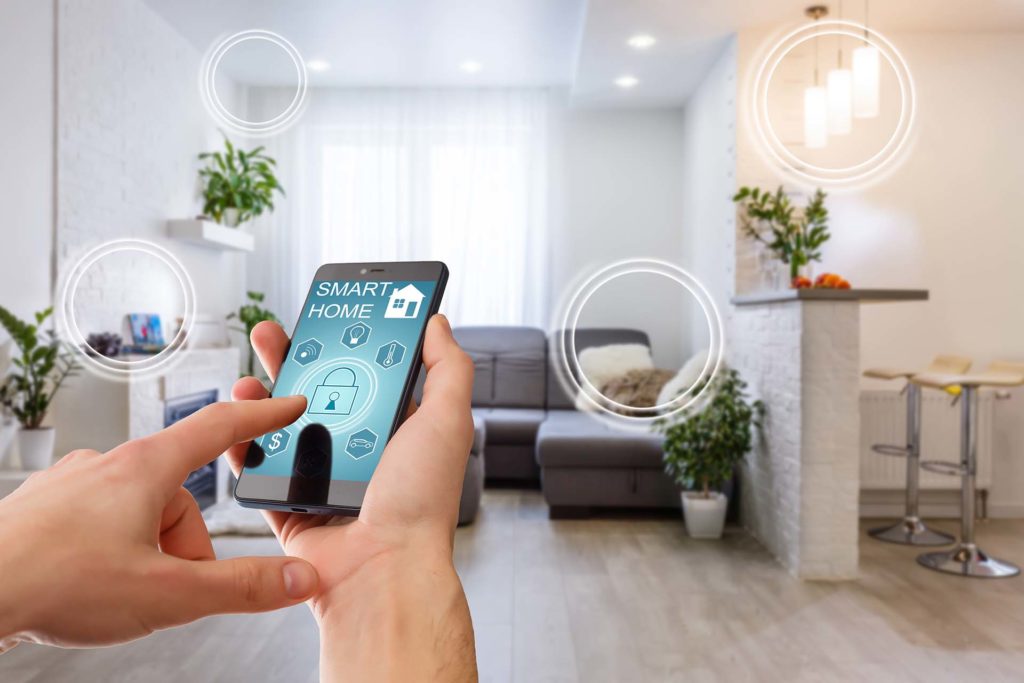
This Tech Aspires to Meet Your Every Need – Or Does It?
Companies such as Google and Amazon have set our expectations sky-high, only to fail to deliver products that are highly efficient and simple to use. The point of IoT devices is supposed to be meeting your needs and solving tedious problems in your home, allowing you to focus time and energy on something more productive. Still, what we mostly see is a simple product that can do basic tasks but doesn’t seem like an integrated system. It’s boring and quickly becomes too much maintenance – and it was supposed to be the opposite of that.
Now, you might wonder – if it’s such a badly executed idea, what advantages does a smart house provide for me? It’s impossible to say that this tech will be useless – indeed, you would get some benefits. For example, you would be able to monitor the entire property thanks to the security system you can control from your phone. Or you could turn the AC on and cool the place before you return after a long walk on a summer day. However, this isn’t enough for us to call these products a success. If you get your entire residence connected to the IoT devices, you are bound to face some issues. That’s one thing we’re sure about, thanks to customer experiences so far.

Have You Ever Considered the Countless Electricity-Related Things That Can Go Wrong?
Let’s put the tech aside for a moment and ask ourselves if these products fit into our lifestyles and habits. At first glance, it seems like a great thing – no more worrying about forgetting to turn the oven off or unplug your iron. You can do this even from another side of the globe – all you need is your phone and access to the internet.
This is all nice and simple, but what happens when you can’t connect to the Wi-Fi? Remember the issue Facebook had amid widespread outages? Facebook employees couldn’t access conference rooms and their systems – and we all remember what happened to their platforms thanks to this “tiny” issue of energy shortage. You don’t have to be a pro at electricity-related topics or even understand the ac vs. dc differences to figure out that this can be a significant problem that can happen again and again. Instead of gaining more control over your appliances, you can become even more dependent on these devices. It’s clear that electricity breakdown consequences for owners of these houses can be severe.
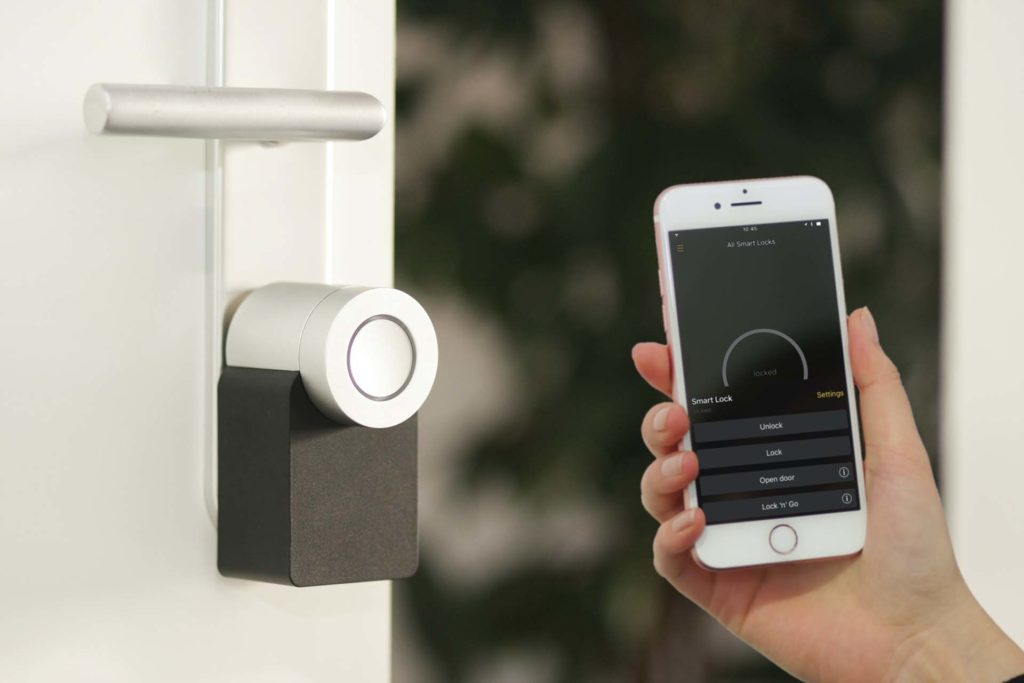
Smart Homes Are Supposedly Promising Energy Reduction and Saving Your Money – Is That Really the Case?
Energy reduction is one of the main goals of every new technology, and we always strive to reduce electricity consumption in many ways – for example, by tracking our consumer habits via energy metering. Your smart house can allow you to monitor power consumption, thus resulting in smart energy consumption. So, yes, you can save some money every month and be environmentally friendly, but that’s just when you look from one perspective – which can turn out to be wrong. Here’s the catch – smart homes are way pricier than they need to be.
You might think that’s the price we have to pay for being eco-friendly, but most companies don’t use quality, lasting materials when designing their devices. Furthermore, they will force you to pay monthly subscription fees if you want the products that you have already bought to work. When you look at it this way, it doesn’t sound like such an eco-conscious concept but more like a real money grab. If the goal is saving energy (thus helping the environment), can’t that be done in a less expensive way?
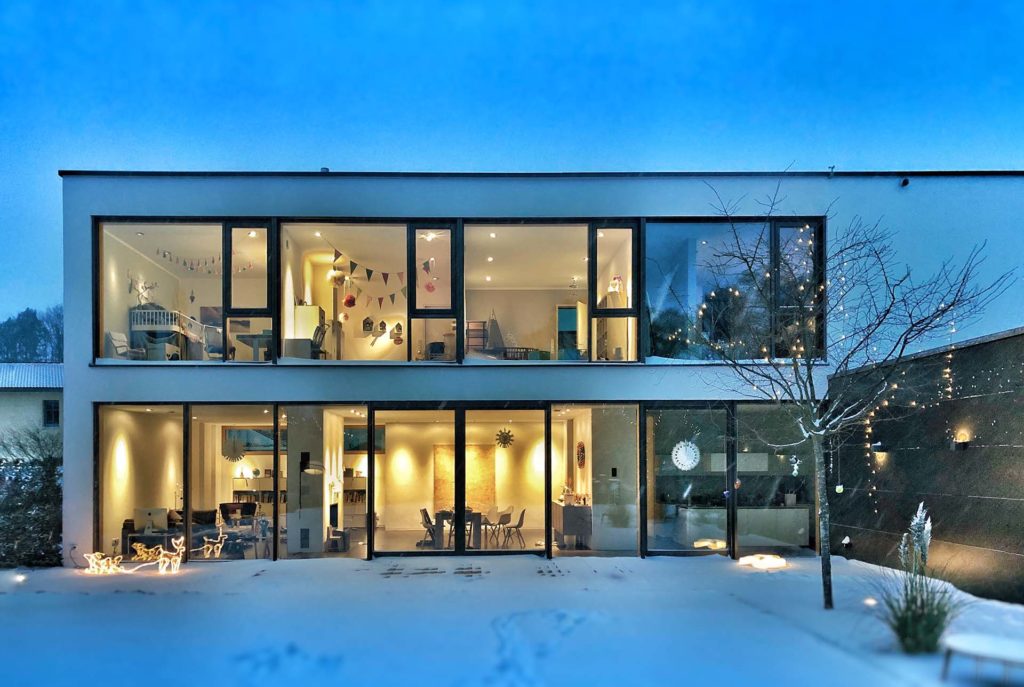
Automation Will Make Your Life Easier – Good Connectivity Is the Key, But Do Current Smart Homes Have That?
Configuring the smart house is supposed to be simple. The idea is that everyone should be able to do it on their own, without much hustle. If you decide to install an automated home system, will you be able to do it effortlessly? Most likely, the answer is no. Current technologies haven’t evolved so much in this department, and here’s why.
Most people wouldn’t want or won’t be able to have every single device from the same manufacturer – and this is where connectivity issues come to the scene. Maybe your fridge won’t be able to connect to the system because it’s not supported by the manufacturer, or your smart light bulbs will keep needing to be reset. As the tech is not perfected yet, these things happen all the time, which is the main reason people hesitate to “upgrade” their homes.
Compatibility Problems Might Emerge With New Updates in the Future
Is programmed obsolescence something we should fear in the future? Yes, absolutely – the history of technology is full of examples of great devices becoming useless overnight. Imagine spending time and money on installing the perfect home automation system only for it to be useful after, let’s say, a few years – doesn’t it sound like a nightmare?
Sadly, it might just be a reality where compatibility issues are becoming more and more common. You might think you have a great smart home, but then you end up buying a new washing machine that can’t be connected to the system. Things like this are already a big deal – and the compatibility issue remains unsolved.
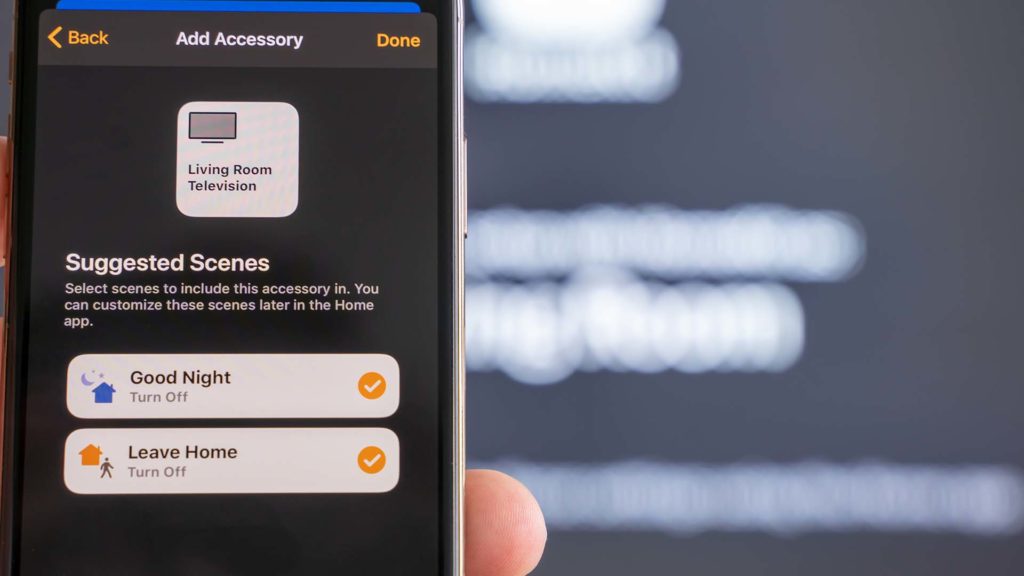
The Very Real Possibility of Spying – Should You Be Worried About Your Private Information?
Is smart house spying something that only happens in movies, or is it a real thing? Many won’t be surprised to hear this, but most automated systems that control your household can collect various data and send it to other sources. Here we can enter the gray area of what is ethical and legal and what isn’t, but the fact is – a lot of us agree to countless terms and conditions without reading the full description of what we can expect from a certain device. So, current smart homes are a sure way to give a lot of your info for free – and not to mention the possibility of being hacked. Check out the video below for more information on this topic.
Looking From the Manufacturer’s Perspective – Informatics Focus Too Much on the Business Goals of Their Ecosystems
Customer experience doesn’t always align with what’s promised in the marketing, and here’s why. It’s actually the most basic law of consumerism – the companies focus mostly on their profit rather than customer satisfaction. They don’t pay enough attention to user experience, and they even overlook targeting specific demographic groups. That’s why you’ll find that most automated house systems aren’t adapted for older people who aren’t tech-savvy.
Instead of focusing on solving the issues and upgrading the tech, we get spotless marketing strategies that don’t do much – except bring the money. If we were to get the best smart home possible, the following issues are the least that need to be addressed:
- Dependency on Wi-Fi and electricity,
- Devices that are complicated to use and maintain,
- Upgrades that cause compatibility issues,
- Lack of integration of a system as a whole,
- Privacy issues the users face,
- Unaffordable technology.
Consumers Deserve Systems That Are Tailored to Their Needs, Rather Than the Profitability of the Companies
We all know we deserve better – but is there a technology that can support all the user’s needs? We’re talking about something that can tackle all the problems mentioned above and come out as a winner – can that happen in the near future? It might sound too good to be true, but the technology is already here.
The proof of concept exists, but the product is yet to be brought to wider audiences. If you are interested to find out more about this project, be sure to reach out to us. We’re open to partnering with you or discussing investment possibilities that can make our project come to light, so don’t hesitate to contact us. Let’s work together in creating the perfect home of the future, powered by Electric Society.


